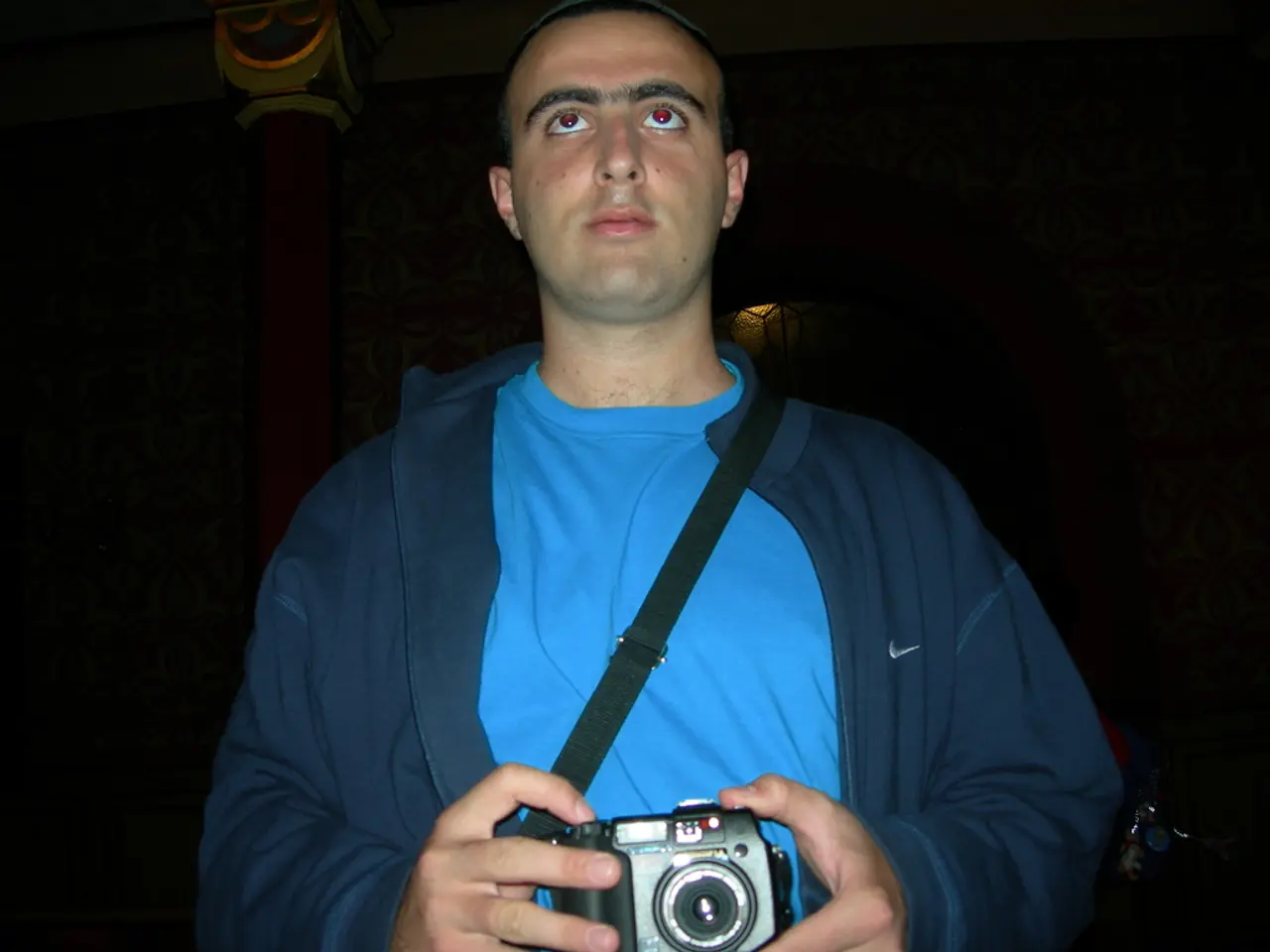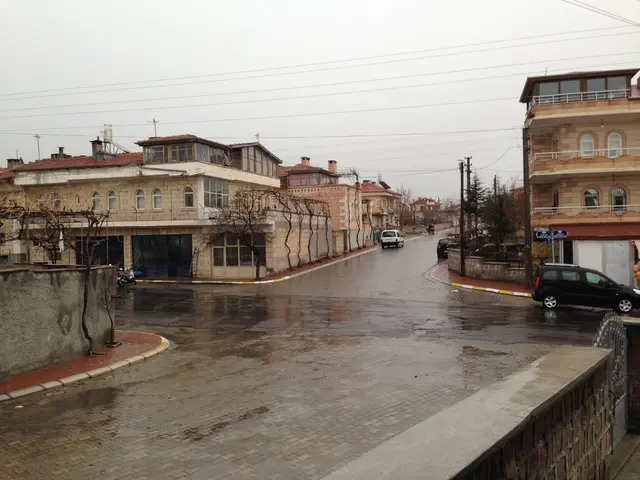Investigations link Credit Suisse to illicit funds from Singapore's gambling industry regarding money laundering activities.
In a significant development, the Monetary Authority of Singapore (MAS) has launched an extensive investigation into multiple financial institutions, with Credit Suisse Singapore Branch at the forefront, following the seizure of over SGD2.8 billion (US$2 billion) in assets, allegedly tied to money laundering operations.
The investigation, centred in Singapore - the financial epicentre of Asia - has revealed major deficiencies in anti-money laundering (AML) controls across these institutions. The deficiencies include poor customer risk assessments, inadequate verification of sources of wealth, and insufficient handling of suspicious transactions.
As a result, the MAS has imposed significant penalties on nine financial firms, with Credit Suisse Singapore Branch receiving the highest penalty of S$5.8 million (about US$4.3 million). The total penalties amount to S$27.45 million, related to the 2023 case involving more than S$3 billion in assets.
The penalties mark the conclusion of MAS's enforcement actions but have been accompanied by ongoing remediation efforts. Affected banks, including UOB, UBS (which acquired Credit Suisse in 2023), Citibank, Julius Baer, and others, have reportedly enhanced their customer due diligence and transaction monitoring processes to prevent future breaches.
The investigation has potential implications for other financial institutions, signalling increased regulatory scrutiny and pressure to strengthen AML controls. It has highlighted vulnerabilities within reputable global banks operating in key financial centres like Singapore, signalling that regulators may pursue more rigorous enforcement and expect comprehensive AML compliance measures.
In addition, personal accountability measures against individuals involved in managing suspect client relationships have been emphasized, signalling an evolving regulatory focus on both institutional and individual responsibility.
The investigation has also seen the detention of ten individuals, all of Chinese descent and holding passports from various nations. Four of these detainees had their bail requests denied due to concerns about their potential use of forged documents to evade border controls, and prosecutors argue that they pose a flight risk.
The hearing for the fifth person was postponed until November 17 due to a change in legal representation. During a court hearing, one of the detainees, Su Jianfeng, admitted having no knowledge of the company he claimed to be the CEO of, or its operations.
The current investigation is significant as it marks a departure from customary procedures and underscores the gravity of the situation. It is also worth noting that Credit Suisse has a history of controversy, having played a significant role in the 1Malaysia Development Berhad (1MDB) scandal, the largest corruption case to shake Malaysia. The 1MDB scandal, in which Credit Suisse was previously scrutinized by MAS in 2017, further intensifies the scrutiny placed on the bank in the current examination.
MAS is preparing to launch an in-depth investigation into Credit Suisse and other financial institutions involved, with a focus on possible links between these banks and suspects, as well as scrutinizing the overall efficiency of their client screening processes. Authorities believe that hidden assets may still remain undiscovered, due to some of the implicated individuals holding multiple passports.
The investigation, which is centred around a money laundering scandal intertwined with the world of gambling, has reverberated throughout Singapore's financial ecosystem. As the investigation unfolds, it holds the potential to unveil vulnerabilities and compliance deficiencies within these financial institutions, and to set a precedent for future regulatory actions in the region.
- The ongoing investigation into multiple financial institutions, led by MAS, has brought to light links between the world of gambling and money laundering in Singapore, serving as a reminder of the growing trends in gambling-related crimes.
- General news outlets have reported that the casino-and-gambling sector in Singapore might face increased regulatory scrutiny, as regulators aim to strengthen anti-money laundering (AML) controls in light of the recent case.
- The investigation, which has led to the detention of several individuals, raises questions about the potential use of illegal proceeds from gambling activities within the financial system, underscoring the need for comprehensive AML compliance measures.







